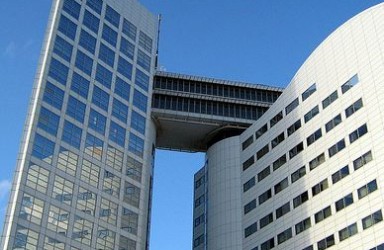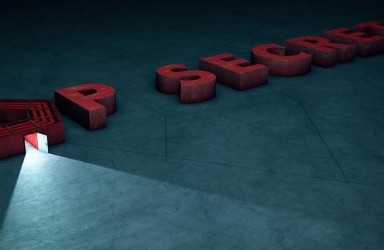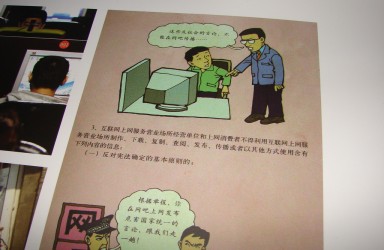Protestant Doubt about Climate Change
Last week, in his regular religion column for the Louisville Courier Journal, journalist Peter Smith discussed the results of a recent survey about climate change. As per usual in the U.S. context, the survey asked whether particular people believed in global warming — as if the science on this question was not largely settled.
No ideal democracy for Burma
The recent establishment of parliaments in Burma, following the passing of a new constitution in 2008 and elections that were held late last year, mark a change in the approach taken by the country’s military rulers – despite being conducted under dubious conditions.
Celebrating the Death of Evil
The death of Osama bin Laden is far more important for the United States than it is for Islamic terrorism. While the shooting of Al Qaeda’s leader will certainly damage the morale of would-be jihadists around the world, the most significant impact will be at home.
Cote d’Ivoire’s return to normalcy and the challenges ahead
For the first three decades after independence in 1960, Cote d’Ivoire was singular in its prosperity and political stability in West Africa. Along with the now stable, democratic, and prosperous Ghana and emergent Nigeria, it has the potential to pull the entire region out of the quagmire of non-ending conflicts.
MISSION ACCOMPLISHED: THE WAR IS WON
The death at US hands of bin Laden eliminates al Qaeda’s most important and recognizable symbol of defiance. With diminished forces, a dead leader, and little relevance to the several struggles engaging Islam globally, al Qaeda has lost its war. We should declare “Mission Accomplished” and return home.
Space Warfare: a 21st Century Battleground
The USA is not the only power with key interests in outer space, and will have to pander to other sensitivities in the future. Russia, China, the EU and commercial actors are prevalent in their discussions. We must ask the questions who are we defending from, and to whom are we going to deny the access of space?
The Limits and Pitfalls of the International Criminal Court in Africa
While we should scrutinise the ICC’s work in Africa, it is important to recognise that international justice is not the only possible response to atrocity. National and local processes are proving to be vital tools of justice, truth and reconciliation across Africa, more profound and lasting than the prosecution of suspects in The Hague.
Strategic Theory: What it is…and just as importantly, what it isn’t
Strategic theory offers an exact and coherent basis for investigating social phenomena. It is able to de-conflict the attempt to assess social activity designed to achieve goals from arbitrary moral valuations. It facilitates clarity of understanding, and is thereby, mind opening and intellectually liberating.
History Shows Us That Open Diplomacy Is Best
It is too early to evaluate the impact of WikiLeaks on world affairs. But more than ever in this changed and more porous world, Woodrow Wilson’s call for “open covenants, openly arrived at” remains a superior guide to foreign policy to Machiavelli’s recommendation that governments be strong like a lion but also clever like a fox. It may be that WikiLeaks goes too far, but enlightened policy makers should welcome publication of how good decisions—and bad—came about.
China, Information Technology, and the Arab World
The Chinese government has developed the world’s most extensive technical, organizational, and cultural systems for monitoring and filtering the Internet and other forms of communications such as SMS and voice calls. Many Middle Eastern and African countries have bought telecommunications equipment from China, and have tried to emulate its monitoring and filtering regime.











